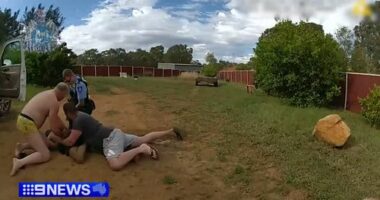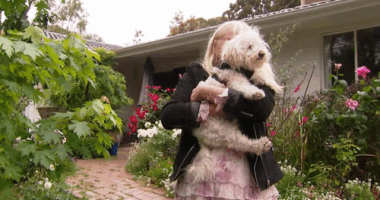Share this @internewscast.com
In a bold move to combat the rise of damaging online content, South Australia has introduced stringent new penalties targeting the creators and distributors of explicit deep fakes. These pioneering laws are designed to shield residents from the potentially harmful impacts of rapidly advancing artificial intelligence technologies.
The legislation explicitly targets the misuse of AI to generate images that are invasive, humiliating, or degrading, particularly those that mimic real individuals. Offenders found guilty of creating or spreading such content face severe consequences, including fines of up to $20,000 or a prison sentence of up to four years. Furthermore, courts may order the confiscation of any equipment used in the production of these offensive materials.
Attorney-General Kyam Maher highlighted the gravity of the issue, stating, “Deep fakes are overwhelmingly composed of non-consensual pornography, with women and girls making up 99 percent of the victims.” This stark statistic underscores the urgent need for these robust legal measures to protect vulnerable populations.
People found guilty of creating or disseminating such content face penalties of up to $20,000 or a four-year prison sentence.
The court may also order the confiscation of equipment used in the creation of the offending material.
“Deep fakes are somewhere over ninety per cent non-consensual pornography, with the victims being 99 per cent women and girls,” Attorney-General Kyam Maher said.
In addition to the penalties for creators and distributors, the legislation also includes provisions for educational initiatives. The curriculum will be continuously adjusted to educate students about both the beneficial and detrimental aspects of AI technology.
“It is incumbent on us as people who run the education and are preparing these young people for the world of work that they are going to enter that they have a really strong understanding of how to use that technology in a productive way,” Education Minister Blair Boyer said.
Explicit deepfakes have surged in recent years, up 550 per cent since 2019.
In response, schools are now teaching lessons on image analysis to help students distinguish between authentic and manipulated content.
“We are coming further into AI being far more prevalent than it ever has been and we can’t back away from it,” one year 11 student said.
“We need to equip students with the skills to be able to tackle it not tell them to be fearful of it.”.
While the laws came into effect today, the legislation also applies retroactively.
Individuals who disseminate images created before today’s date may still face penalties under the new regulations.













